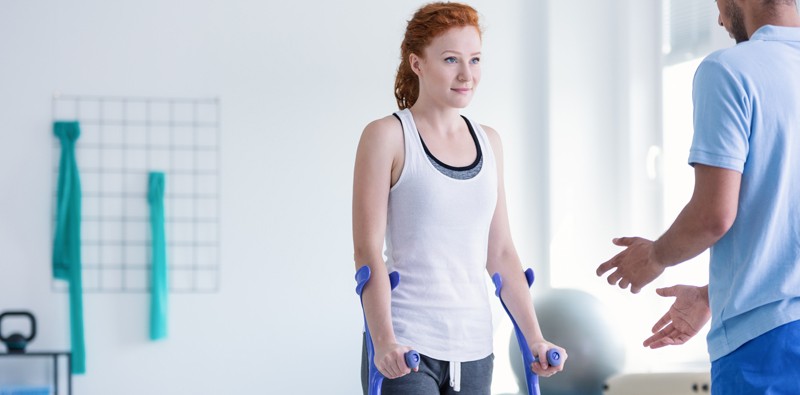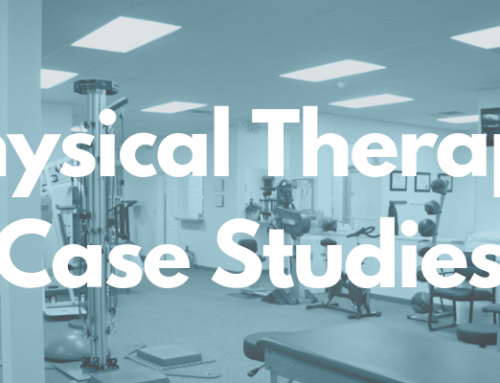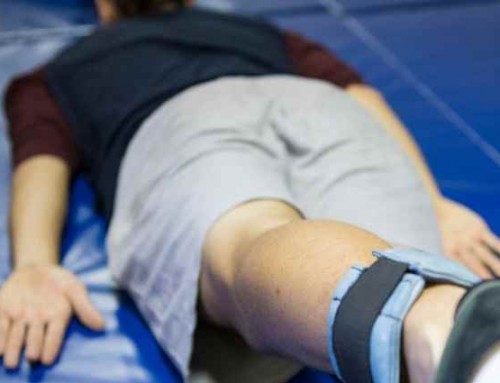By: Brendan Miller, SPT
What is Pre-operative Rehabilitation?
Pre-operative Rehabilitation or “Prehabilitation” are terms used for a program which is designed to prepare an individual for a total joint replacement surgery. This program includes individuals and their health care providers participating in realistic goal setting, discussion in expectations for surgery outcomes, and instructions on home and lifestyle adaptations to ensure safety and independence following total joint surgery.
Programs are often comprised of exercise to stretch and strengthen muscles that are expected to be affected during surgery and improve functional ability, instruction with use of assistive devices (walker, crutches, slide-board, wheelchair, etc.) which the individual may use after surgery. It also includes education regarding self-care and nutritional advice. Programs are tailored for individuals in order to address the individual’s goals, their surgery, and their current deficits. The benefits of preoperative rehabilitation are many, as physical therapy services play a large role in preparation for surgery as well as for the time following surgery.
Why Pre-operative Rehabilitation?
Research has shown several potential benefits to participating in pre-operative rehabilitation, including the following:
- Decrease in use of post-acute care services (1)Decreased cost of payments for skilled therapy (1)
- Reduction in patient’s time of hospitalization (2,3)
- Decreased chance of needing long-term inpatient rehabilitation (2,3,4)
- Improved functional status (3,4,5,6)
- Improved quality of life (7)
- Social support
- Practice with assistive devices before needing them
- Education with expectations, plan of care, and preparations for the days following surgery
In order to cut health care costs, ensure safety and improve function following surgery, pre-operative measures may be a prudent decision for you to look into. Consult with your surgeon or physical therapist to see if pre-operative rehabilitation is warranted for you.
What do I do in the meantime?
Nutrition and exercise are a couple of factors that can affect your body’s response and recovery from a total joint replacement. It is important to eat foods rich in Calcium and Vitamin D (i.e. green leafy vegetables, fish, tofu, breads, calcium fortified drinks, etc.) in order to maintain strong bone and joint health. A diet rich in protein (i.e. fish, meat, beans, eggs, nuts, etc.) helps to keep your muscles strong and helps with recovery from the trauma of surgery. With regards to exercise, it is important to talk to your surgeon or physical therapist about exercises that will help with muscle strengthening, stretching of muscles around the joint, and aerobic exercise to prevent de-conditioning.
At Capital Area Physical Therapy, we have the highly qualified professionals and state-of-the-art facilities to evaluate and treat your condition with all types of physical therapy modalities. Our physical therapy clinics, one located at Parade Ground Village in Malta near Saratoga Springs, and one in Queensbury NY near Glens Falls are convenient and fully staffed by qualified professionals.
Contact us for more information on the benefits of preoperative rehabilitation and how they might meet your needs!
References:




